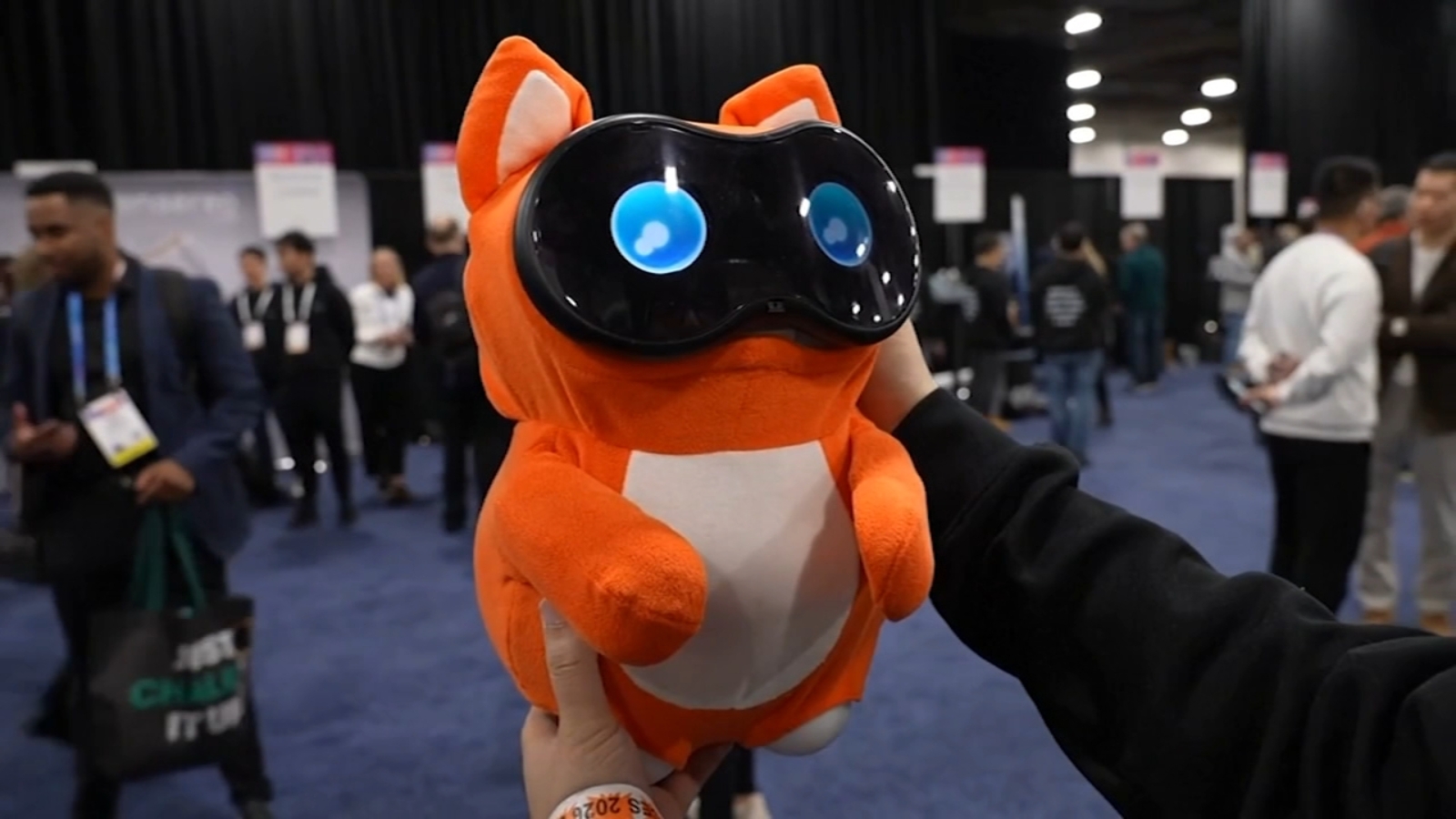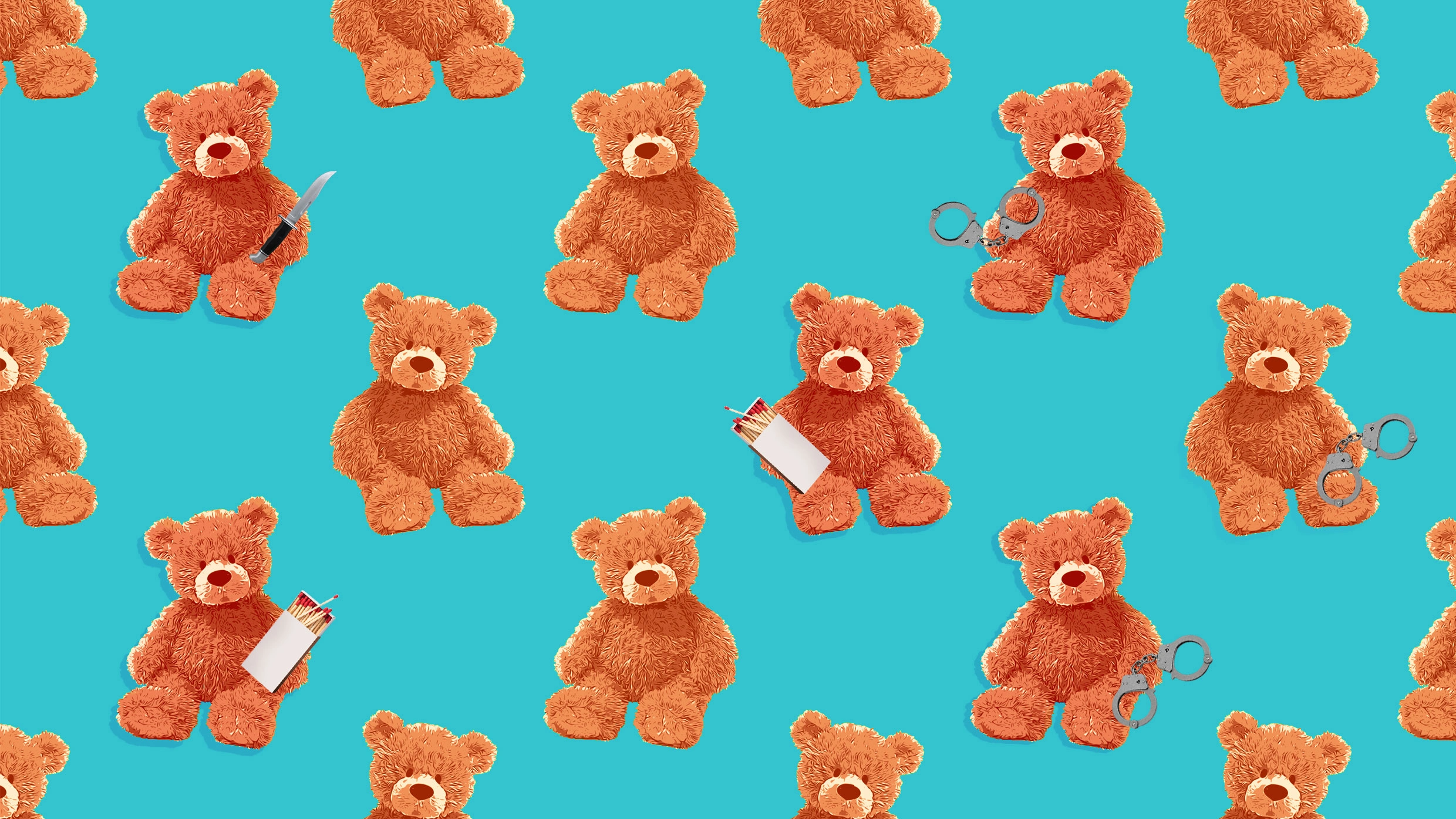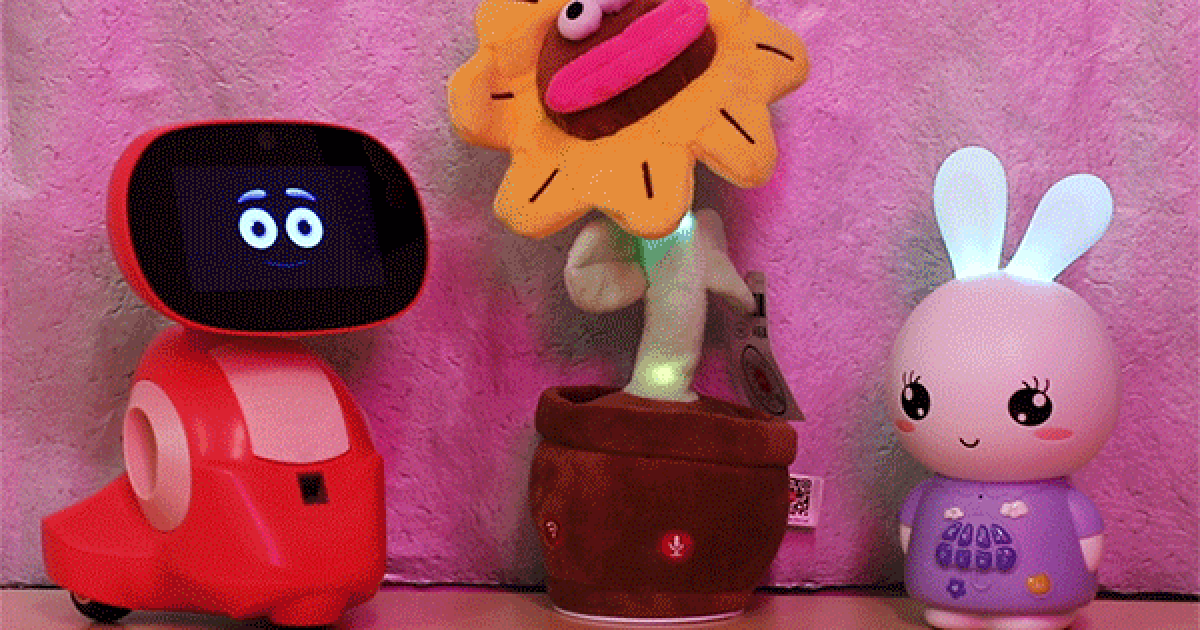fromAxios
3 weeks agoExclusive: Sen. Maggie Hassan presses AI toy company on child data privacy
Catch up quick: Researchers reported last month that bondu, an AI-powered conversational toy company, inadvertently exposed children's chat transcripts and personal data through a publicly accessible portal. Bondu, which allows parents to check their children's conversations, said it took down the exposed portal and relaunched it the next day with authentication measures, according to Wired. Driving the news: New Hampshire Senator Maggie Hassan, the ranking member of the Senate's Joint Economic Committee, is now asking bondu to explain how the exposure occurred.
Privacy technologies








